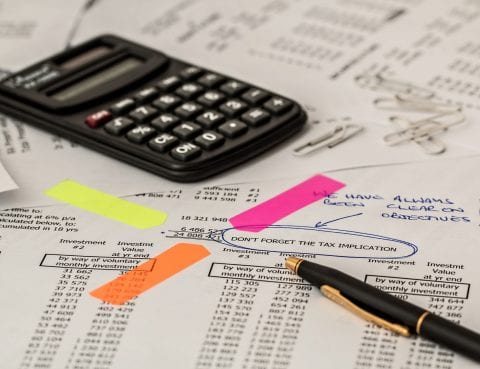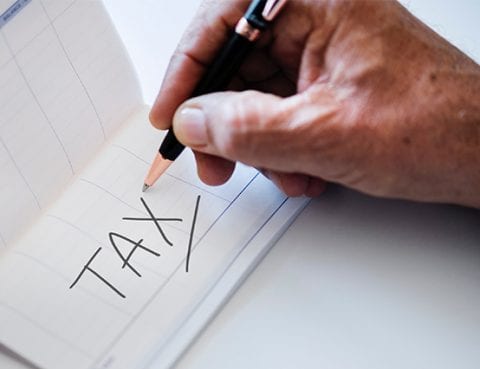This page has been updated for 2022 tax return guidelines. Did you fail to file your tax return this year? You’re not alone. Over 175 million individuals did not file a tax return this year alone. While many of these individuals fall under an exemption, many more simply failed to file for other reasons. Requirements to a…
Those who owe a tax debt to the IRS will typically also have a state tax debt. There are many ways to gain a tax debt with a state; however, the most common way it occurs is when an individual works and lives in separate states. Filing your tax returns with an inexperienced accountant or…
Filing taxes can be a complex matter. The tax laws change often and understanding the minutiae takes years of experience to be able to decipher the verbiage the IRS uses. Not only that but if you have attempted to file your tax return to discover a large debt, you may not have used or have…
What is a wage garnishment, and how does it affect you? A wage garnishment is when the IRS imposes a percentage of your wages to be automatically withdrawn from your paycheck to pay off a tax debt. This automatic withdrawal on your wages can continue until the tax debt is fully paid off, including any…
Having a tax debt is never easy, no matter the monetary amount owed. An even worse situation is when the money you did have in your bank account disappears suddenly. The IRS issued a bank levy to satisfy a tax liability you had, and the money you needed for expenses is now gone. Does this sound…
Ignoring a tax debt can have serious consequences. Whether you cannot pay or disagree with having to pay, the IRS has several means to receive their taxes due. Wage garnishments are a common first step that the IRS takes, but if an individual remains non-compliant with their tax liability, the IRS can also issue a…







